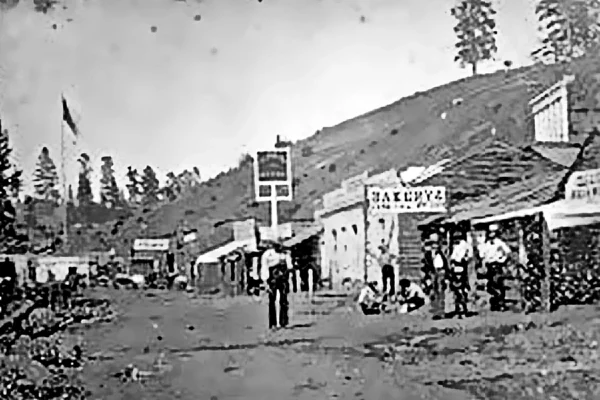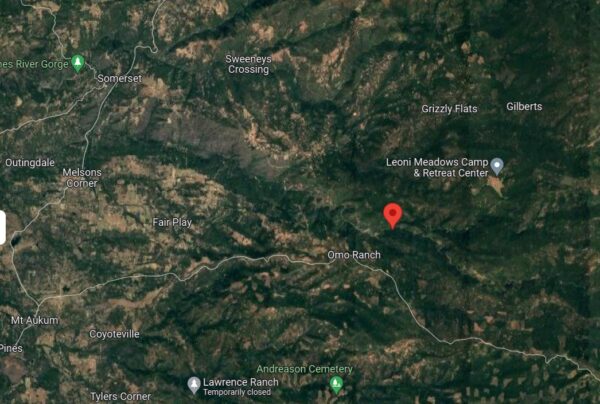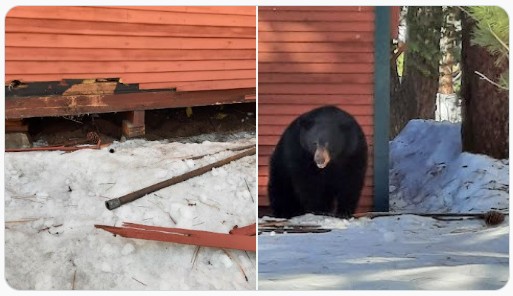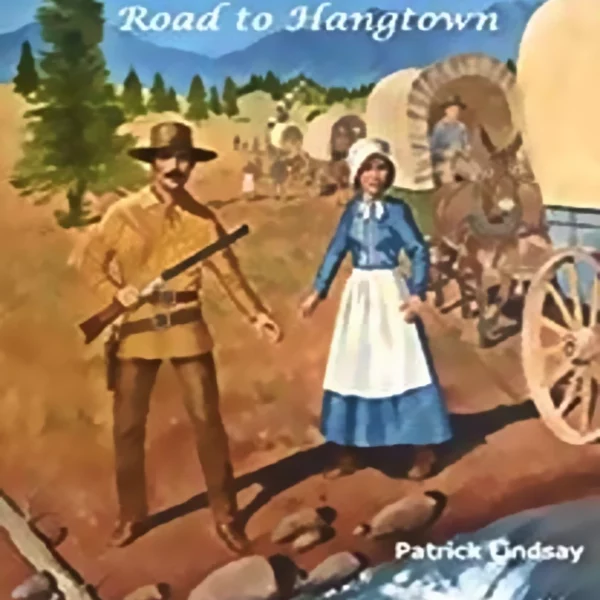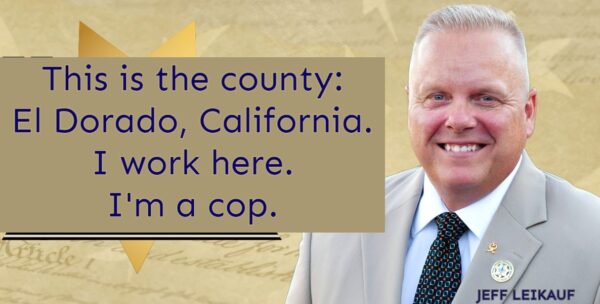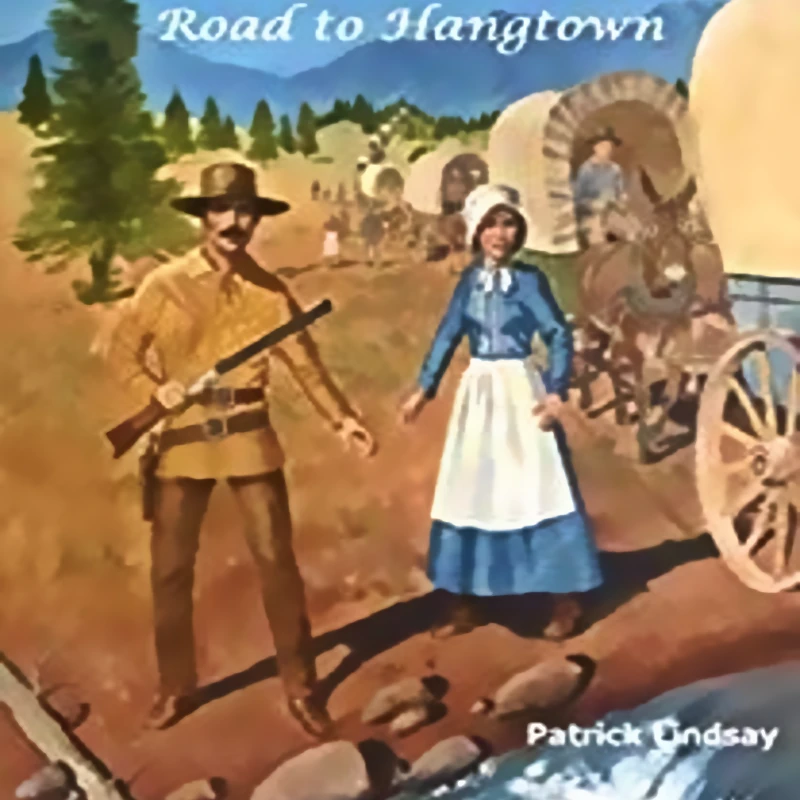
Road to Hangtown
(InEDC)
PLACERVILLE, Calif. — The danger of the Oregon and California Trails was only a start. Gold thieves, outlaws, dock gangs, vigilantes, and a little romance and intrigue await the main character, Will, when he reaches the end of that trail.
Will he have what it takes?
Here’s a synopsis:
Twin brothers Will and Jedediah Parks have left the backwoods of Tennessee to come west in the spring of 1850. They take the Oregon Trail, but part ways when Jed follows the trail on to Oregon, with Will coming to California. From the Sutter’s Mill gold strike to the booming town of San Francisco and back to the gold fields, Will sets out to make a new life in the young state of California. He finds friends and opportunity there, along with claim jumpers, thieves, and criminal gangs. Luckily, Will learned how to take care of himself in any kind of a fight before he ever took the trail west.
Here’s a quick preview: “They told Will Parks that the Oregon Trail would lead him to a promising new land where he could strike it rich at mining, or running a saloon, or whatever he wanted to do. They were right about a fantastic new frontier where a man could make a great life for himself.
They didn’t tell him about the Comanches, the outlaws, the vigilantes, or the dock gangs in the new boomtown in San Francisco. Will had to find out about those things on his own.
Luckily, where Will comes from in the backwoods of Tennessee, a man grows up learning how to take care of himself.”
From a faithful reader: “This story has everything—romance, intrigue, danger, and a twist of real history woven in for good measure. The early development of San Francisco had always fascinated me, and you won’t be able to stop turning the pages to understand more about the ‘vigilantes’ and how dock gangs needed to be reigned in by the main character, Will.”

In the Old West, one mainstay of life in the towns that sprang up across the country during the 1800s was the general store, also known as a mercantile. Often owned by a “mom and pop”, the goal of the general store was to provide whatever the locals needed. You could find tobacco, cigars, hardware, jewelry, buggy whips, horse tack, lanterns, pails, foodstuffs, fabric and sewing notions, household items, tools, small farm implements, soap, crockery, dishes, guns and bullets, clothing, candy, coffee, toiletries, school supplies such as slates and chalk, and patent medicines (most of which were untested and alcohol based!).

